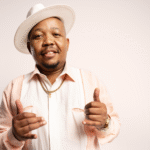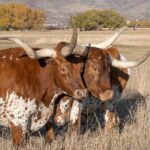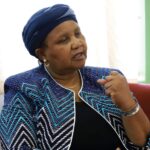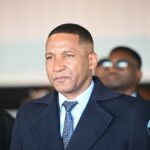President Advocate Duma Gideon Boko has reaffirmed his administration’s dedication to upholding human rights and improving the quality of life for all citizens. Speaking at a Kgotla meeting in Ramotswa, the President addressed the people of Malete, emphasising the government’s responsibility to protect and provide for its people.
In his remarks, President Boko highlighted the constitutional guarantee of the right to life, referencing Section 4 of Botswana’s Constitution, which enshrines this fundamental freedom. “Every individual has the right to live and to live a life that includes basic needs such as shelter, clothing, food, and access to healthcare services,” he stated.
The President stressed that these rights are not merely aspirational, but are obligations that the government is committed to fulfilling. He assured the gathering that the delivery of essential services and the protection of human dignity remain top priorities under his leadership.
“Our government is committed to ensuring that no Motswana is left behind. Respecting human rights means creating an environment where every citizen can live with dignity, security, and access to the basic resources needed to thrive,” President Boko said.
In addition to his commitment to social welfare, President Boko addressed the need to revitalise key state-owned enterprises that have historically played a vital role in Botswana’s economic and social development. He pointed to the Botswana Meat Commission (BMC), Air Botswana, the Botswana Agricultural Marketing Board (BAMB), and Botswana Railways as institutions in need of strategic revival.
“These institutions must work effectively to serve the people. We will strengthen and modernise them so that they deliver real value to Batswana, especially in creating jobs, ensuring food security, and improving transport and trade,” he added.
The revitalisation of these organisations is expected to support economic growth, increase public sector efficiency, and stimulate rural development. For example, reforming the BMC and BAMB can help farmers access better markets and fairer prices, while improvements to Botswana Railways and Air Botswana could enhance connectivity and reduce the cost of doing business.
The Ramotswa meeting is one in a series of community engagements President Boko is conducting to hear directly from citizens and share his administration’s roadmap for inclusive development. Residents welcomed the President’s openness and commitment to addressing local concerns through meaningful reforms.
As Botswana navigates complex economic and social challenges, President Boko’s message resonated as a call for unity, compassion, and proactive governance rooted in constitutional values and community empowerment.









